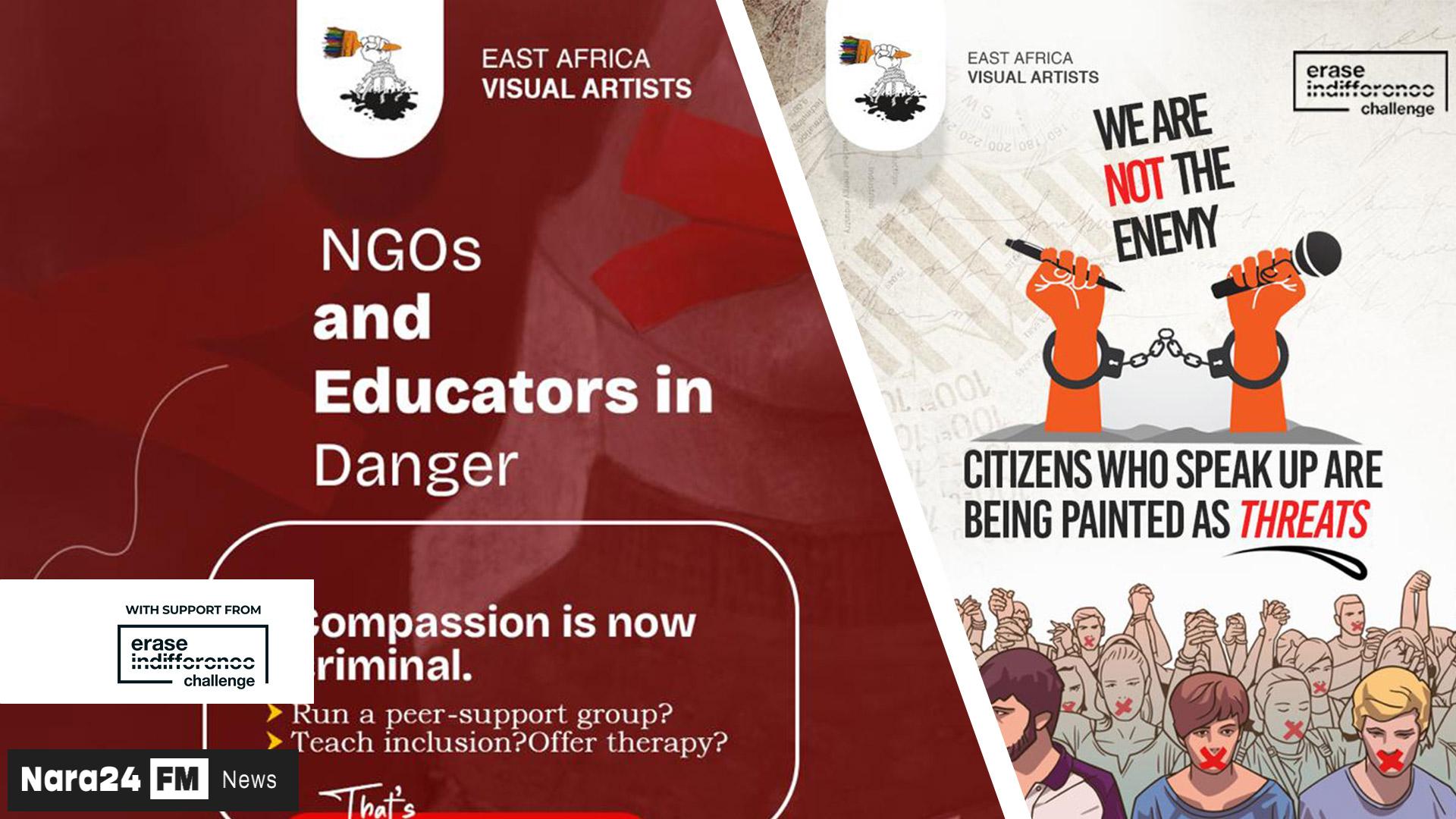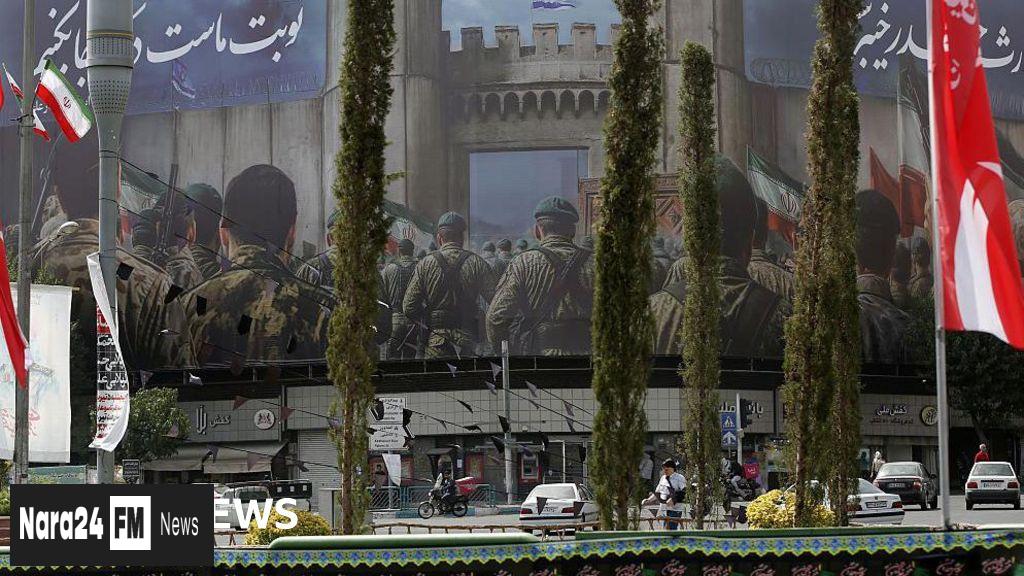
Know Your Laws Campaign Demystifies Contentious Legislation
A regional civil society initiative is helping Ugandans understand the real-life impact of controversial laws by translating complex legal language into accessible public education.
Iranian authorities have launched a sweeping crackdown, executing and arresting individuals suspected of ties to Israeli intelligence amid heightened tensions with Israel.

Iranian authorities have initiated a widespread campaign of arrests and executions targeting individuals allegedly linked to Israeli intelligence agencies, following the recent escalation of hostilities between Iran and Israel. Officials claim this crackdown is a response to an unprecedented infiltration of Iranian security services by Israeli operatives.
During the 12-day conflict, Iranian authorities executed three individuals accused of espionage for Israel. Just one day after the ceasefire, three more were executed on similar charges. Hundreds of suspects have been arrested nationwide, with state television airing alleged confessions from detainees who purportedly admitted to collaborating with Israeli intelligence.
Human rights groups have raised alarms over the developments, citing Iran's history of extracting forced confessions and conducting unfair trials. Concerns are growing that further executions may follow as the government intensifies its campaign against perceived threats to national security.
Iran's Ministry of Intelligence has framed these actions as part of a "relentless battle" against Western and Israeli intelligence networks, including the CIA, Mossad, and MI6. According to Fars News Agency, affiliated with the Islamic Revolutionary Guard Corps (IRGC), over 700 individuals have been arrested since the conflict began on June 13.
The crackdown has extended beyond suspected spies, with journalists and activists also facing severe repercussions. Iranian authorities have reportedly detained family members of journalists working for Persian-language media outlets abroad, including BBC Persian and Iran International, in an effort to silence critical coverage of the conflict.
Threats against journalists have escalated, with some labeled as "mohareb" (one who wages war against God), a charge that carries the death penalty under Iranian law. Similar tactics have been employed against employees of Manoto TV, with family members threatened with charges of "enmity against God" and espionage.
Security forces have also targeted activists, writers, and artists, often without formal charges. Reports indicate that family members of those killed during the 2022 "Woman, Life, Freedom" protests have been detained, signaling a broader campaign to suppress dissent.
During the conflict, the Iranian government restricted internet access, a tactic frequently used during periods of unrest. Even after the ceasefire, full access has not been restored, and popular platforms like Instagram, Telegram, X, and YouTube remain blocked without the use of VPNs.
Analysts and human rights advocates have drawn parallels to the 1980s, when Iran brutally suppressed political opposition during the Iran-Iraq War. Many fear that the government may resort to mass arrests, executions, and heavy-handed repression to consolidate control in the aftermath of its weakened international standing.
Critics also point to the events of 1988, when thousands of political prisoners were executed following secretive trials. The current crackdown has sparked concerns that Iran may be repeating a dark chapter in its history, using national security as a pretext to silence dissent and tighten its grip on power.
Comments (0)
Leave a Comment
Be the first to comment on this article!